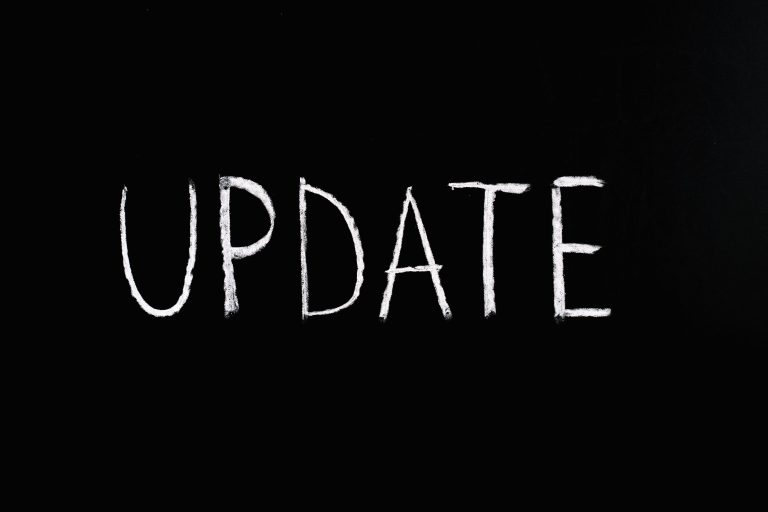There are good reasons why you should write a will in the first place, but there are more reasons why you should go through a periodic estate planning review.
When you go through the estate planning process you’ll examine your property, money, and possessions, consider who will be dealing with the estate and your beneficiaries, what your estate is worth, your exposure to an inheritance tax bill, and numerous other things. You may also put a lasting power of attorney in place at the same time.
Your wishes will all be brought together in your estate planning documents, which we’ll bind for you and store so that they can be accessed when needed.
And that’s where too many people leave their will. But that shouldn’t be the end of the story. Because your story will continue into the future, and during that time, you will go through ups and downs, move home, change jobs and salary, have children and grandchildren. The list is endless.
But your will, if left in storage, will not change and adapt to your changing circumstances. And that could leave your beneficiaries with taxes to pay, and a more complex probate than necessary.
3 good reasons why you should update your will
There are lots of good reasons to update your will and review your estate planning, but we’ve chosen three key reasons that we believe underline perfectly why you should:
Make sure that the beneficiaries you want benefit from your estate
If you write your will early on, you may not have had children, and you could have grandchildren in later years. Other people may enter your life who you may wish to include in your will as a beneficiary too. And should you divorce, there may be people who you wish to exclude.
If you don’t go through an estate planning review you could, unintentionally, exclude some of those people who you would choose to include.
And there are other risks. 50% of families today are blended. So you could have a risk of sideways disinheritance where children from a previous relationship are excluded from your estate by a new partner. This could be deliberate, or accidental but is something to consider.
And you may wish to change your executors during your lifetime. Let’s face it, things change. Probate will be difficult for your loved ones as they mourn losing you, so considering the right people and keeping up to date is important from that perspective too.
If your beneficiaries feel that they should apply for a deed of variation to sort out your will and divide your assets fairly, the process could be more complex and time-consuming.
Keep your property, money, and possessions up to date
Your financial position, where you live, your possessions are all very likely to change over the years. A successful career means a higher salary and probably a bigger house. You could also build a business or an investment portfolio, and any remaining pension could be very different to what you had originally forecast.
That could mean three things. You could have an opportunity to leave something to loved ones who you may not have considered when you wrote your original will, you could leave more (or less) to your beneficiaries, and your tax liability could change.
But it’s not just your wealth that could be affected. If you have collected treasured possessions that are not listed in your will, you have no way to ensure who newer items are left to.
Respond to latest tax changes to mitigate exposure to inheritance tax & regulation
Inheritance tax exposure is the biggest threat to your assets should your estate planning not be conducted correctly. That applies at the outset, but if you don’t review periodically, any assets and money that you have accumulated over the years could be exposed, and your loved ones could face a large bill that will have to be settled. Regulations and law are likely to change over the years too, so ensuring compliance is just as important.
When you first write your will you may not have too many assets, or your assets will grow. So your will may be a relatively simple affair. That will mitigate your IHT bill then, but the structures that you need later on may not be put in place then. It might be that you don’t wish to write a complex will, you want to tick the box, or you can’t afford a complex will that takes into account your future success.
An estate planning review will consider such structures as trusts and other instruments to mitigate your tax liability and protect your assets so that they go to your chosen loved ones.
Where do I start?
It’s best to take professional advice in this area. An estate planning review can be a complex process with numerous regulations and compliance requirements. Bringing the structure and content of your will up to date requires knowledge and careful planning.
We can help you in with your estate planning review. Our estate planning team can help you to understand what’s required, where to start, and can support you through the process with the support, guidance and professional advice that you need to get your first review right.
To arrange an appointment with a member of our team and book in your estate planning review, simply click here and leave your contact details, and we’ll be in touch.



